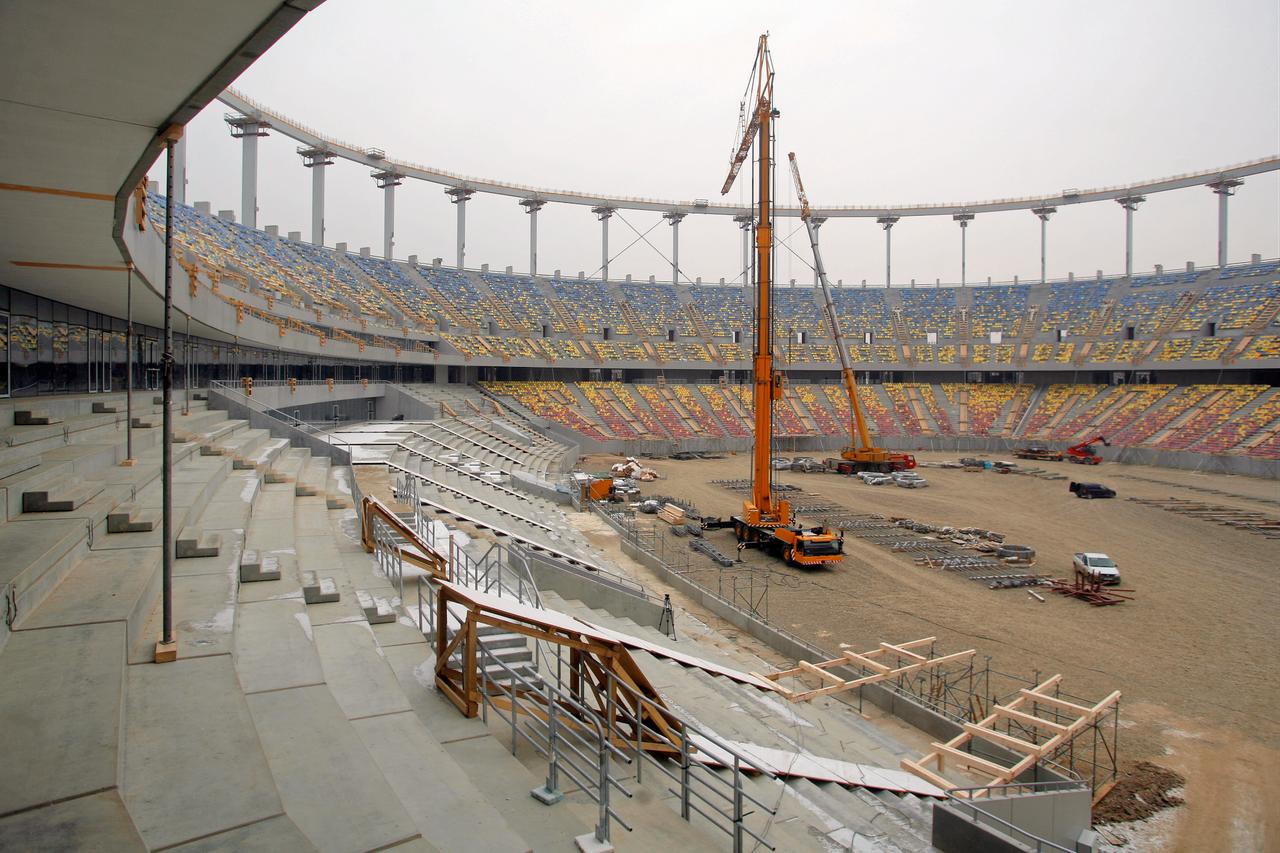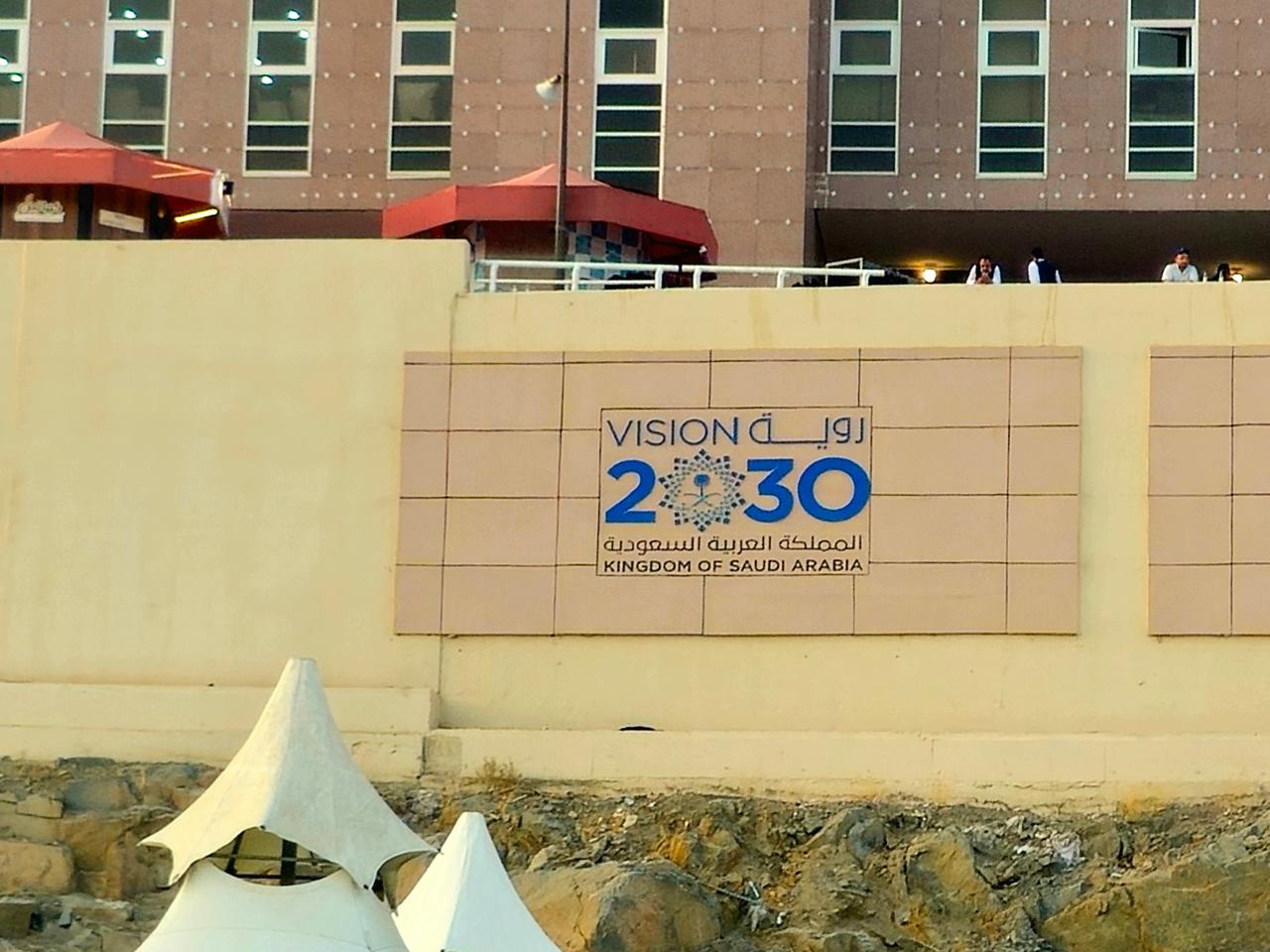
A leading Turkish construction company is being considered for one of 17 new stadiums planned in Saudi Arabia's Neom project, Eyup Vural Aydin, chairman of Türkiye’s Public-Private Partnership (PPP) Research Center and member of the Saudi National Center for Privatization and PPP (NCP) Advisory Board, said on Wednesday.
Aydin said Turkish firms are strengthening their presence in the Saudi market by leveraging their build-operate-transfer (BOT) experience, as the kingdom advances its large-scale infrastructure and urban development program as part of the Vision 2030 strategy.
He did not disclose either the company's name or the project. However, he added that the firm under consideration had already built major stadiums in Europe.
Aydin also highlighted that other Turkish companies have also applied for stadium tenders.
Saudi Arabia's Neom mega-city project, backed by $500 billion in planned investment, also includes new airports, rail systems, bridges, water facilities and hotels.
Describing it as a nationwide transformation, Aydin said: "Neom is only the showcase, but the transformation reaches much further."

Aydin emphasized that Turkish firms are well placed to benefit from this investment wave due to their background in public-private partnerships, also known as build-operate-transfer (BOT) projects.
"Turkish companies should not overlook the opportunities in a market where they already have experience and credibility," he noted.
According to Aydin, over the past 15 years, Turkish firms have invested around $100 billion in PPP projects worldwide, equipping them with the expertise to compete across multiple sectors.
Turkish companies already have a 40-year history in Saudi Arabia, ranging from ports and airports to water treatment and rail systems, he highlighted.
"We are not starting from zero. Turkish companies are present in cities such as Jeddah, Riyadh, Tabuk, and Dammam, either already working on projects or bidding for new ones."
Aydin underlined that their service quality has improved significantly, making them stronger candidates in the Saudi market.
Aydin underlined that opportunities in Saudi Arabia are not limited to construction. He said Turkish companies have evolved to manage facilities and provide services, not only build them.
"This evolution means they can operate facilities and provide services, not just build them," he explained, pointing to stadiums, airports, and tourism sites as areas where a long-term presence could be secured.
"If you are involved in the operation phase, you can stay in the country for 10 or 20 years, or even longer," he added.
On financing, Aydin noted that while some strategic projects still come with government guarantees, others—such as certain airport developments—require investors to assume risk without state backing.
"It is important to examine the Saudi market carefully," he said, before committing to such projects.